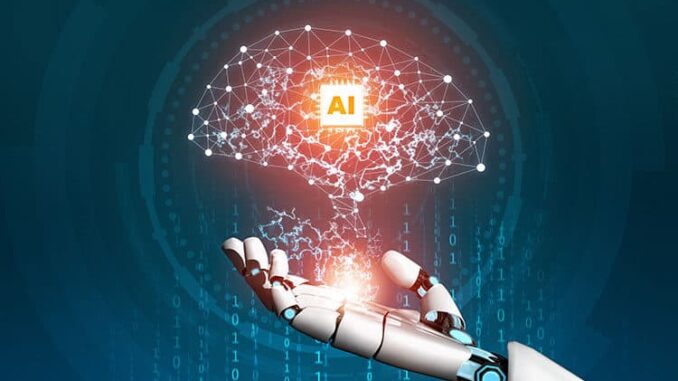
Artificial intelligence (AI) plays a significant and increasingly prominent role across various sectors in contemporary society. Its versatility and capability enable it to perform a wide range of tasks, affecting numerous aspects of daily life, business operations, and technological advancements. Below are some key roles of AI:
AI is widely used for automating repetitive and mundane tasks, enhancing efficiency and productivity. This includes everything from manufacturing processes to data entry in business operations, allowing human workers to focus on more complex and creative tasks.









### 2. **Data Analysis and Insights**
AI systems can analyze vast amounts of data quickly and identify patterns or trends that would be challenging for humans to discern. This capability is crucial in fields like finance, marketing, healthcare, and research, enabling informed decision-making and strategic planning.
### 3. **Personalization**
AI algorithms power recommendation systems that personalize user experiences across various platforms, such as e-commerce websites (Amazon), streaming services (Netflix), and social media networks. This tailored approach enhances customer satisfaction and engagement.
### 4. **Natural Language Processing (NLP)**
AI-driven NLP enables machines to understand, interpret, and respond to human language. This has led to the development of conversational agents and virtual assistants like Siri and Alexa, enhancing user interaction with technology.
### 5. **Healthcare**
AI is revolutionizing healthcare through applications like predictive analytics, diagnostic tools, and personalized medicine. It assists in identifying diseases, predicting patient outcomes, and optimizing treatment plans, ultimately improving patient care.
### 6. **Autonomous Systems**
In fields such as transportation, AI powers autonomous vehicles and drones, enhancing safety and efficiency. These technologies have the potential to transform logistics, public transport, and even personal commuting.
### 7. **Cybersecurity**
AI enhances cybersecurity measures by identifying and mitigating threats in real-time. Machine learning algorithms can detect anomalies in network traffic and respond to potential breaches more swiftly than traditional methods.
### 8. **Supply Chain Optimization**
AI can analyze supply chain operations to forecast demand, optimize inventory levels, and reduce costs. This leads to more efficient logistics and improved customer satisfaction.
### 9. **Education**
AI technologies are reshaping education through personalized learning experiences, automated grading systems, and tutoring applications that adapt to individual student needs.
### 10. **Creative Industries**
AI is also making strides in creative fields, contributing to music composition, visual arts, and writing. Tools that leverage AI to assist artists and writers enable new forms of creativity and artistry.
### Conclusion
The role of artificial intelligence is multifaceted and continues to evolve rapidly. While it offers immense potential for innovation and efficiency, it also raises important ethical and societal considerations, such as privacy concerns, job displacement, and the need for better governance. As AI technology advances, ongoing dialogue and regulations will be essential to ensure its benefits are realized responsibly and equitably.


Leave a Reply